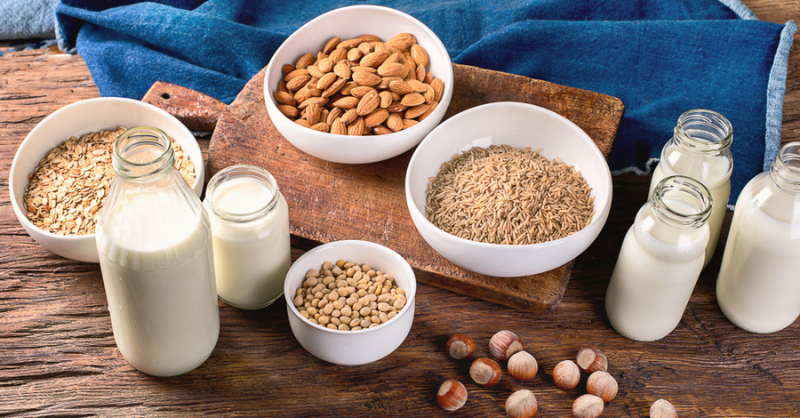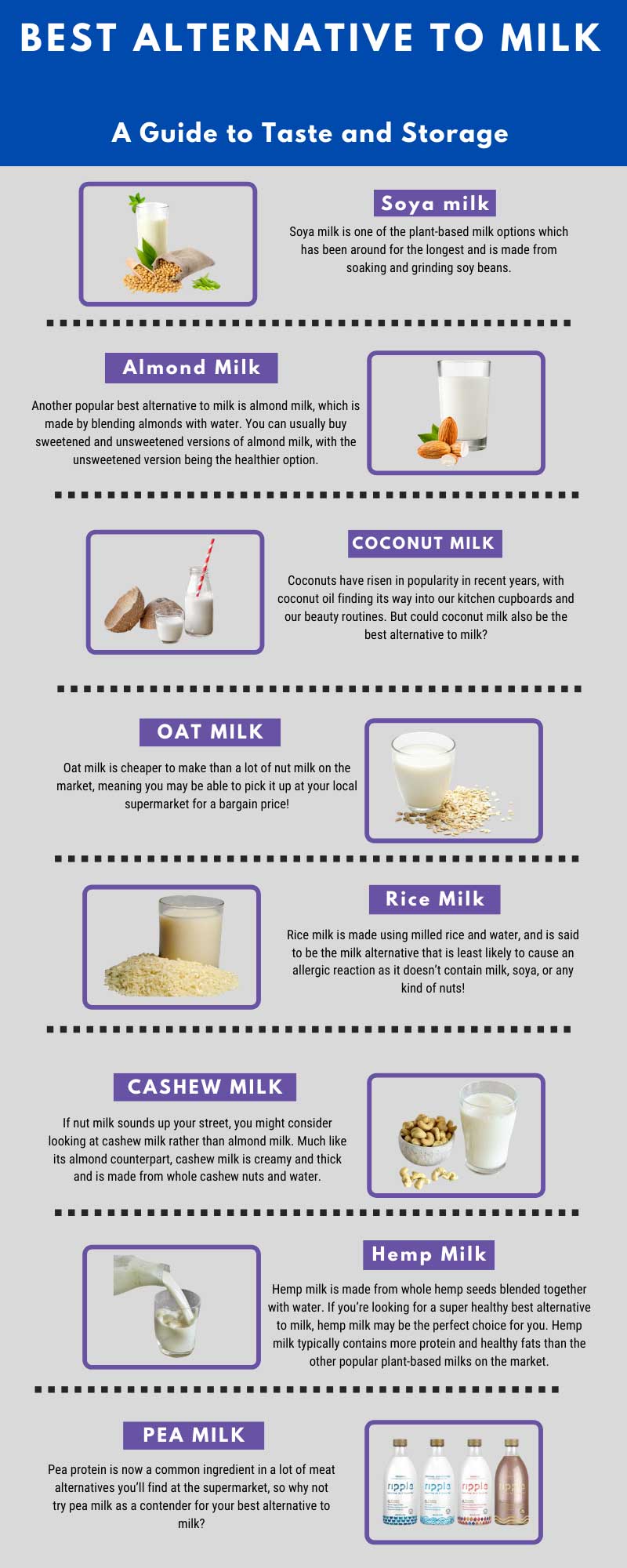The Environment
One huge reason why people are avoiding cow’s milk is due to the negative impact the dairy industry can have on the environment. Meat and dairy production is said to release more greenhouse gases into the Earth’s atmosphere than any other type of food production.
Having to sustain large herds of dairy cattle also means having to grow additional crops to feed them, meaning large areas of land are being used for farming. In fact, over half the world’s habitable land is currently used for agriculture, leaving the planet lacking in biodiversity.
While in the past there was little alternative to those who wanted to give up meat and dairy for environmental reasons, there’s now a huge range of meat substitutes and non-dairy milk variants, meaning it’s much easier to make the swap! Plant alternatives are also much cheaper these days, meaning cow’s milk isn’t always the most cost-effective option at the supermarket!
The Dairy Industry
Another common reason for ditching the dairy is because people believe the dairy industry is cruel and unnecessary, especially now you can get a plant-based version of every dairy product including milk, most types of cheese, yoghurt, cream, and even custard!
Dairy cows typically give birth to calves, which are then taken away from them to be used in the meat industry, while the dairy industry uses the dairy cow’s milk supply to provide customers with milk.
While conditions have improved in recent years as consumers became more aware of the cruelty of intensive farming methods, many still feel dairy farming is unnecessary, and instead, look for the best alternative to milk on the market.
Dairy Intolerance
Many people suffer from food intolerances, meaning they cannot eat a certain type of food or it will make them unwell. Around 65% of the world’s population has a reduced capacity to digest lactose after infancy, meaning consuming things such as milk, cheese, and butter will make them ill.
While you can get lactose-free products, the huge range of plant-based milk available means that lactose-intolerant customers can now try a range of different products and find the best alternative to milk to suit their personal preferences.
Health Benefits
Finally, a huge reason for making the swap to plant-based milk is to try and find a healthier best alternative to milk.
There’s no denying that cow’s milk is full of vitamins and minerals such as calcium, protein, B12 and iodine. Young children are also encouraged to drink milk in order to ensure healthy bone development. However, as we grow older, milk may not be all that healthy for us.
Milk can be seen as quite high in fat, with whole milk typically containing 3.5% fat, though there are lower-fat versions available, with semi-skimmed milk containing 1.5% fat, and skimmed milk containing 0.3% fat. The NHS suggests that older children and adults should avoid having too much fat in their diets to avoid becoming overweight.
Additionally, many worry about the things which may make their way into our milk through the cow it was milked from, including excess hormones. So, if you want to know exactly what is in your milk chances are a plant-based milk alternative will be more up your street.


![]() 18 minutes
18 minutes




































